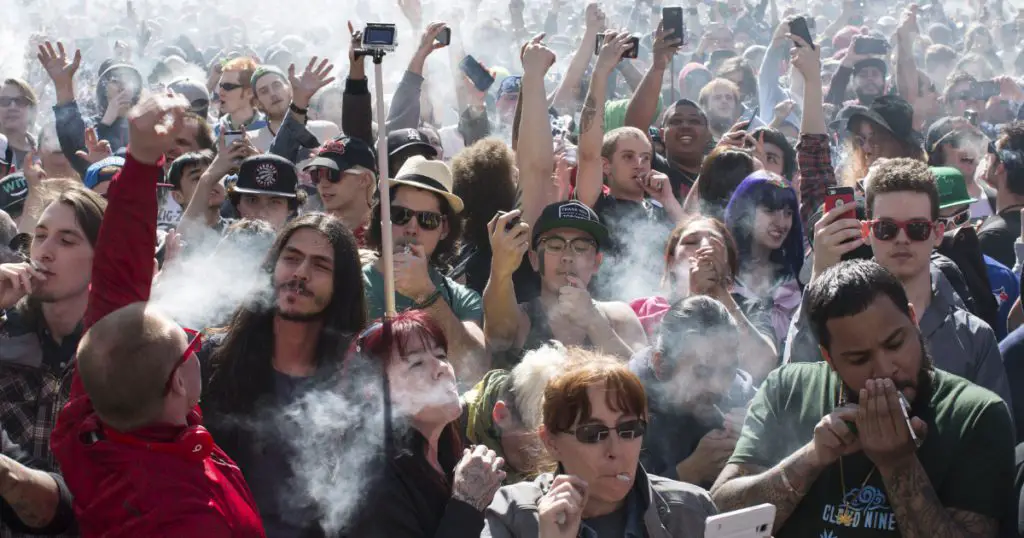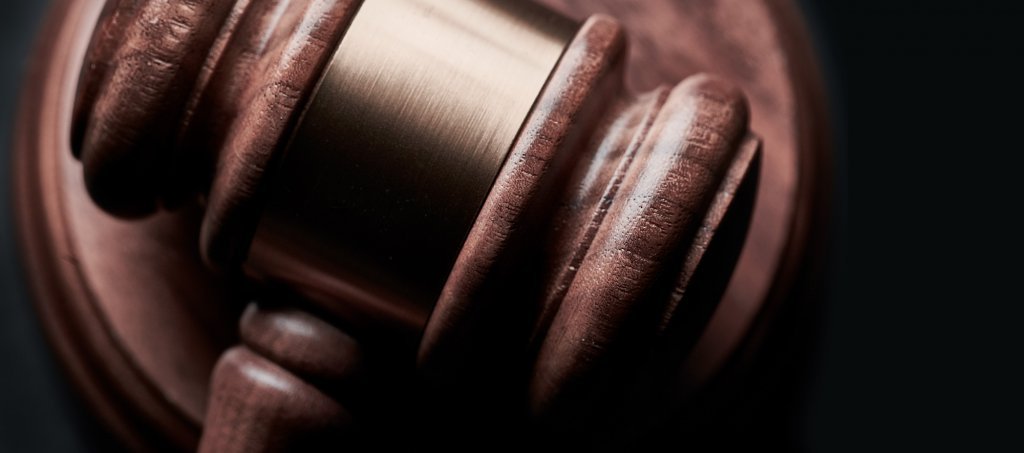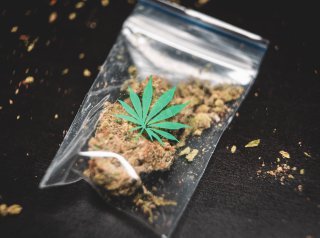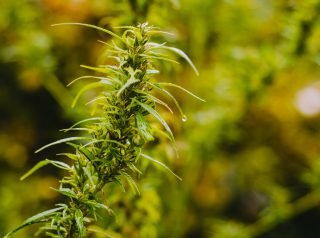I remember sitting in a circle with my closest friends (people who, at the time, were the textbook definition of “potheads”) and lighting up a blunt, thick with some “real great shit”, one friend would always say.
Puff, puff, pass went the night, where every person would take two hits before passing it to the next guy. We’d then spend the rest of the night laughing at the dumbest crap (among the favorites were episodes of SpongeBob Square Pants, the crazy things people would say and these two ferrets that my friend kept as pets that absolutely terrified me when I was high).
It’s been well over a decade since I’ve had my last puff (which is why I am comfortable admitting to it now), but the stigma at the time was enough to keep me from announcing to the world that I smoked pot. And I didn’t want to get arrested.

Yet, in the last 10 years marijuana has managed to appear again and again in the media, specifically, under the issue of marijuana legalization, softening the reputation that once made the smoking of marijuana such a vile taboo.
When Colorado and Washington became the first US states to approve measures legalizing and regulating marijuana like with alcohol in 2012, the concept of regulating the drug instead of maintaining its illegalization began to make more sense. Its legalization will finally bring the drug (a “soft” drug by the standards of the city of Amsterdam in the Netherlands) under the jurisdiction of law.
Marijuana legalization would help law enforcement concentrate on other more pressing matters rather than expending their limited resources on marijuana-related concerns while cutting down on subsequent legal costs, and more significantly, governments (local and state) could benefit from its taxation by acquiring a new source of revenue.
Support in the regulation of marijuana has recently taken great strides, with Uruguay becoming the first country to legally regulate it in December of 2013. And in 2014, Colorado became the first state to permit the sale of marijuana for recreational use (which the state heavily taxed) and Washington is expected to follow suit sometime this year.
The acquisition of the drug has never been a problem for the young. Nixon’s War on Drugs movement (that began in the late 1960s) with all its anti-drug campaigns on radio and television, followed by harsh punishments which both forms of media had deeply perpetuated throughout the American public, has done very little to curb its attainment.

Simply put, if young people want to smoke pot, they’ll find a way to get it. Even at the height of Nixon’s War on Drug Abuse in the 1970s, people (especially the young) were publicly showing opposition, openly stating that his policies on marijuana were contrary to public interest. Some even claim that marijuana use skyrocketed because of its illegality and strictly sanctioned pursuit by law enforcement; young people will always want what authority tells them they can’t have.
By legalizing marijuana, you take its charm away from a rebellious public. Marijuana legalization will not only increase government revenue through the taxation of its sale but will also help to allocate law enforcement resources more toward the assurance of public safety and overall welfare, instead of looking for and chasing after some neighborhood punk who just lit up a joint.
Take it from me. If this were legal when I was a pothead, I would have spent more time in the safety of my own home rather than in a friend’s dank basement being terrorized by furry little demons that I was convinced were sent from hell to punish me for smoking pot. And my parents would probably have worried less wondering where I was all that time. Marijuana legalization is such a great idea after all.





